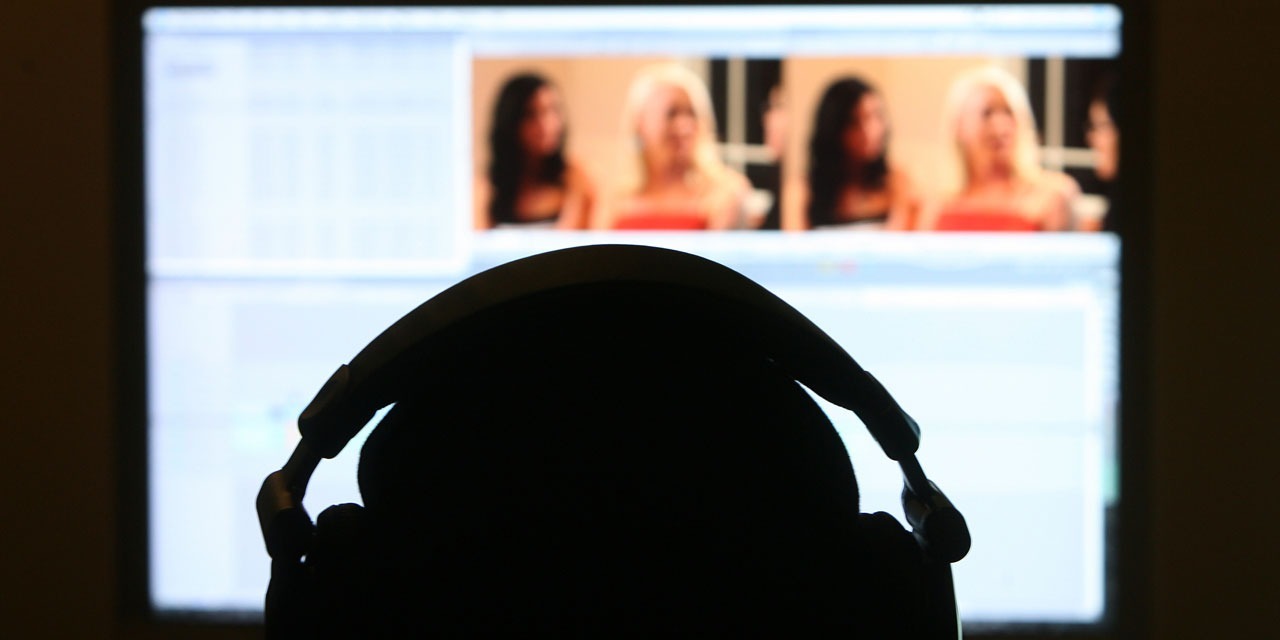Rémi Jacob, with AFP 10:29 am, June 06, 2023
The High Council for Equality calls Monday to better protect against online violence women and girls, "largely forgotten" of the bill to secure and regulate the digital space that arrives Tuesday in the Senate.The High Council for Equality calls Monday to better protect against online violence women and girls, "largely forgotten" of the bill to secure and regulate the digital space that arrives Tuesday in the Senate.
HCE hopes to inspire amendments to government
Consultative body placed with the Prime Minister, the HCE hopes, with these recommendations, "to inspire amendments to the government and Parliament" while a special commission will seize the text from Tuesday in the Senate.
The HCE proposes that "the dissemination and hosting of criminal videos depicting, in an unsimulated manner, acts of torture and barbarism, inhuman and degrading treatment or rape, be unlawful". It calls for "broadcasters and hosts to be subject to heavy financial penalties (up to 6% of turnover)".
The High Council asks to extend the competences of Pharos "to content presenting acts of torture and barbarism, inhuman and degrading treatment, and rape". A device dependent on the Ministry of the Interior, Pharos can now block or delist child pornography and terrorist content on the Internet and report it to law enforcement.
Images deleted at the request of the person filmed
Of the four main pornographic platforms, the HCE has identified in April 2023, 13,898 videos with the keyword "torture" or 70,118 with "anal by surprise". The HCE proposes that "any image, representation of a minor or a person whose physical appearance is that of a minor of a pornographic nature is prohibited" and this, "regardless of the age of the person filmed".
Finally, the HCE, which is due to submit a report on pornography in September, wants pornographic images to be removed at the simple request of the person filmed. "Apart from pornography, degrading or aggressive content against women is multiplying on the internet," according to the HCE, which wants to oblige platforms to "measure the sexism of their most viewed content in France thanks to a battery of indicators (or an algorithmic tool) and to make the results public each year."

